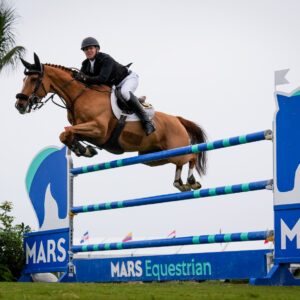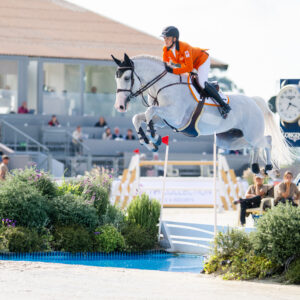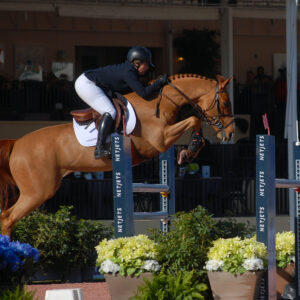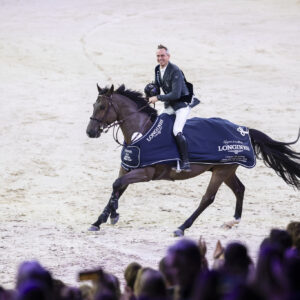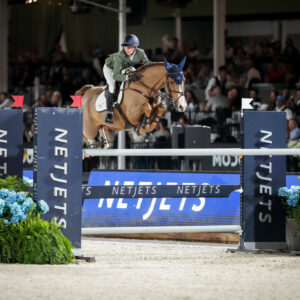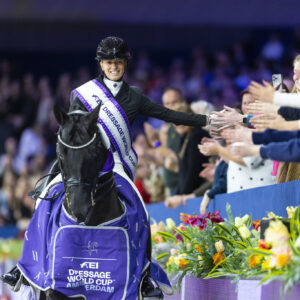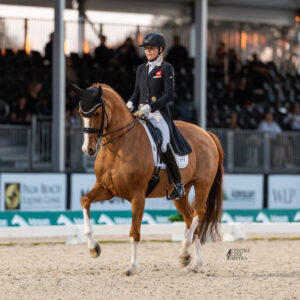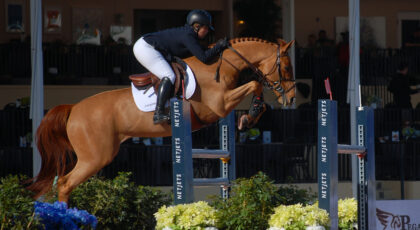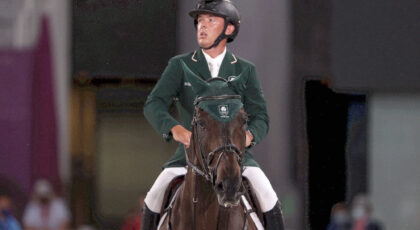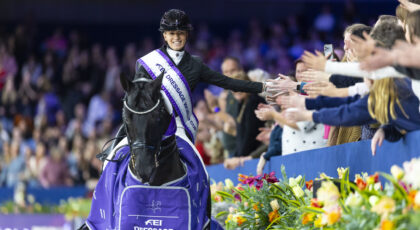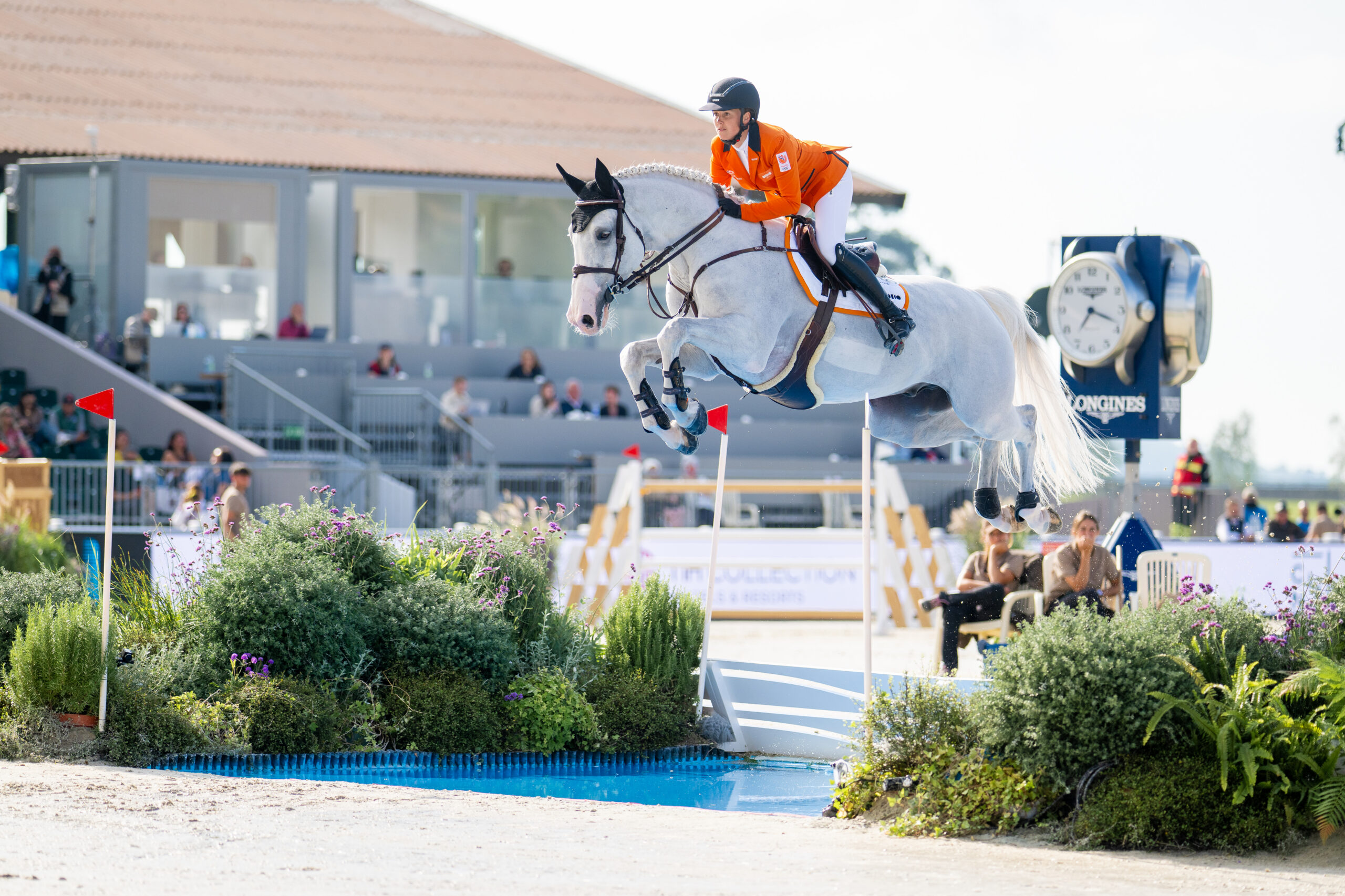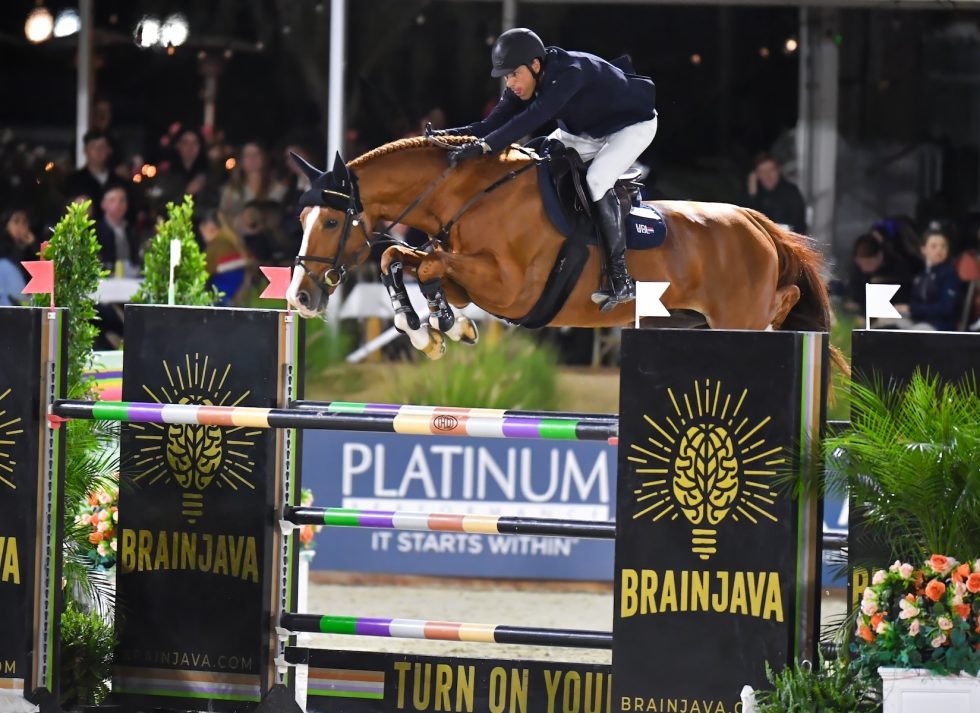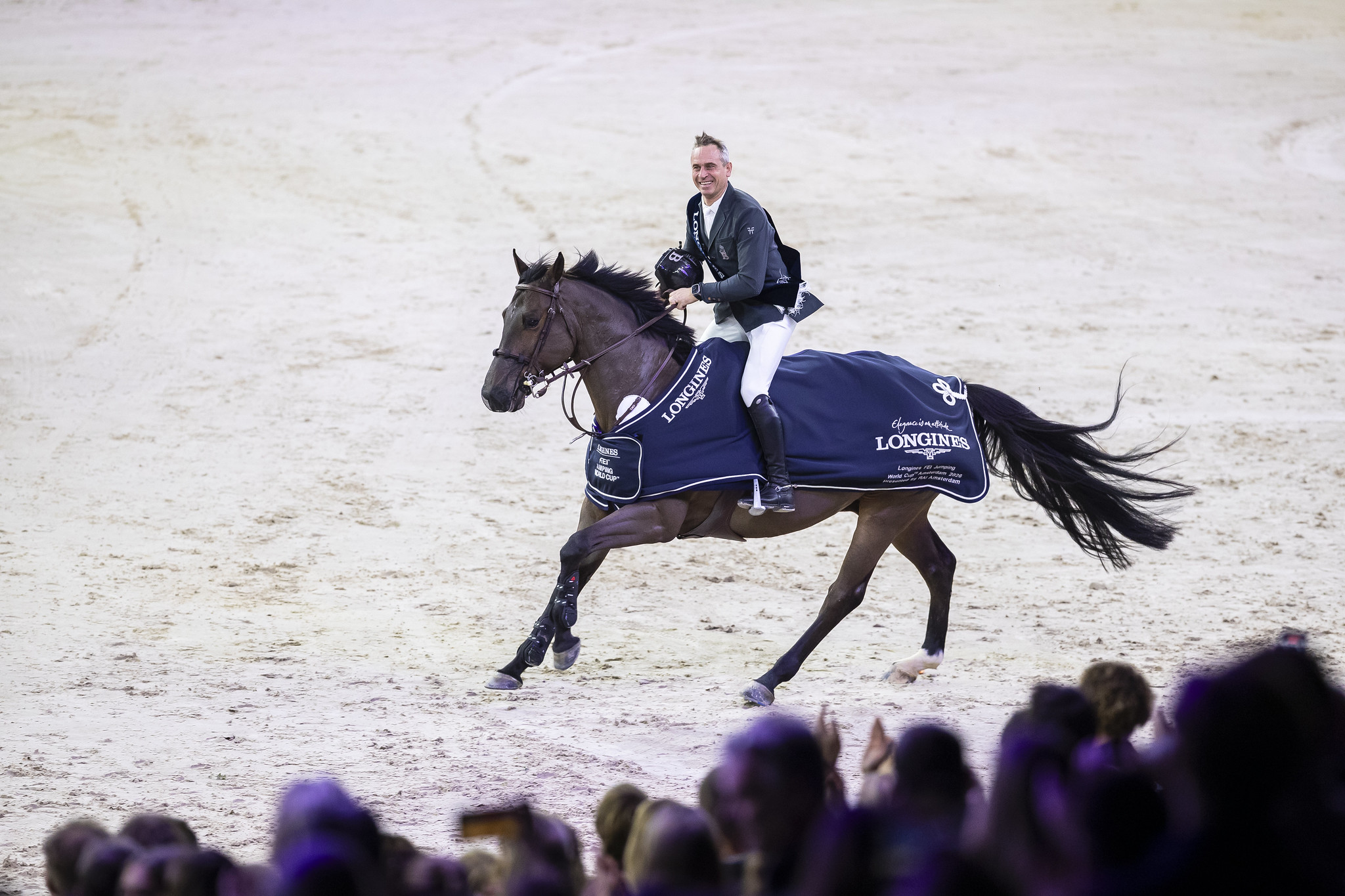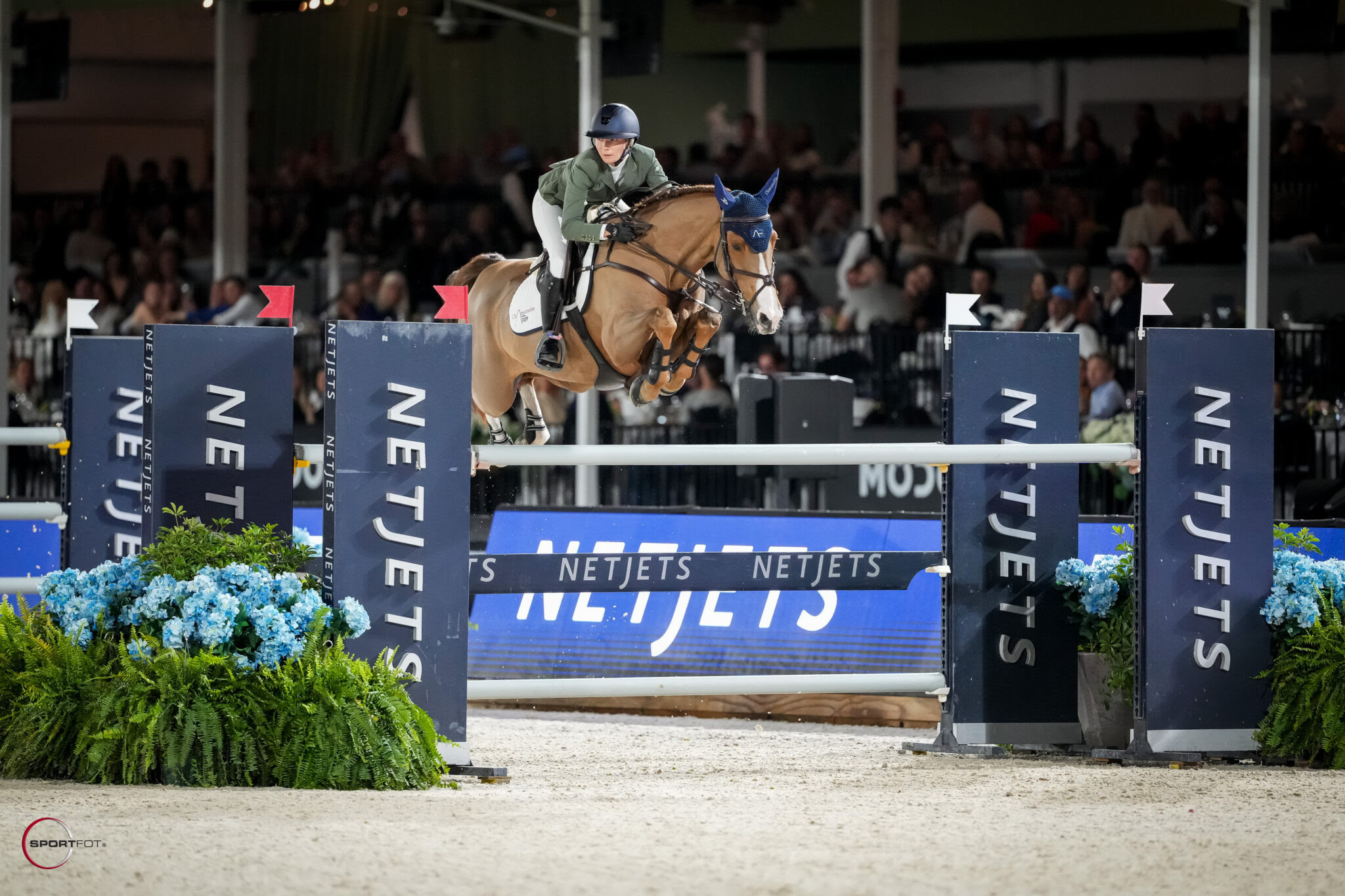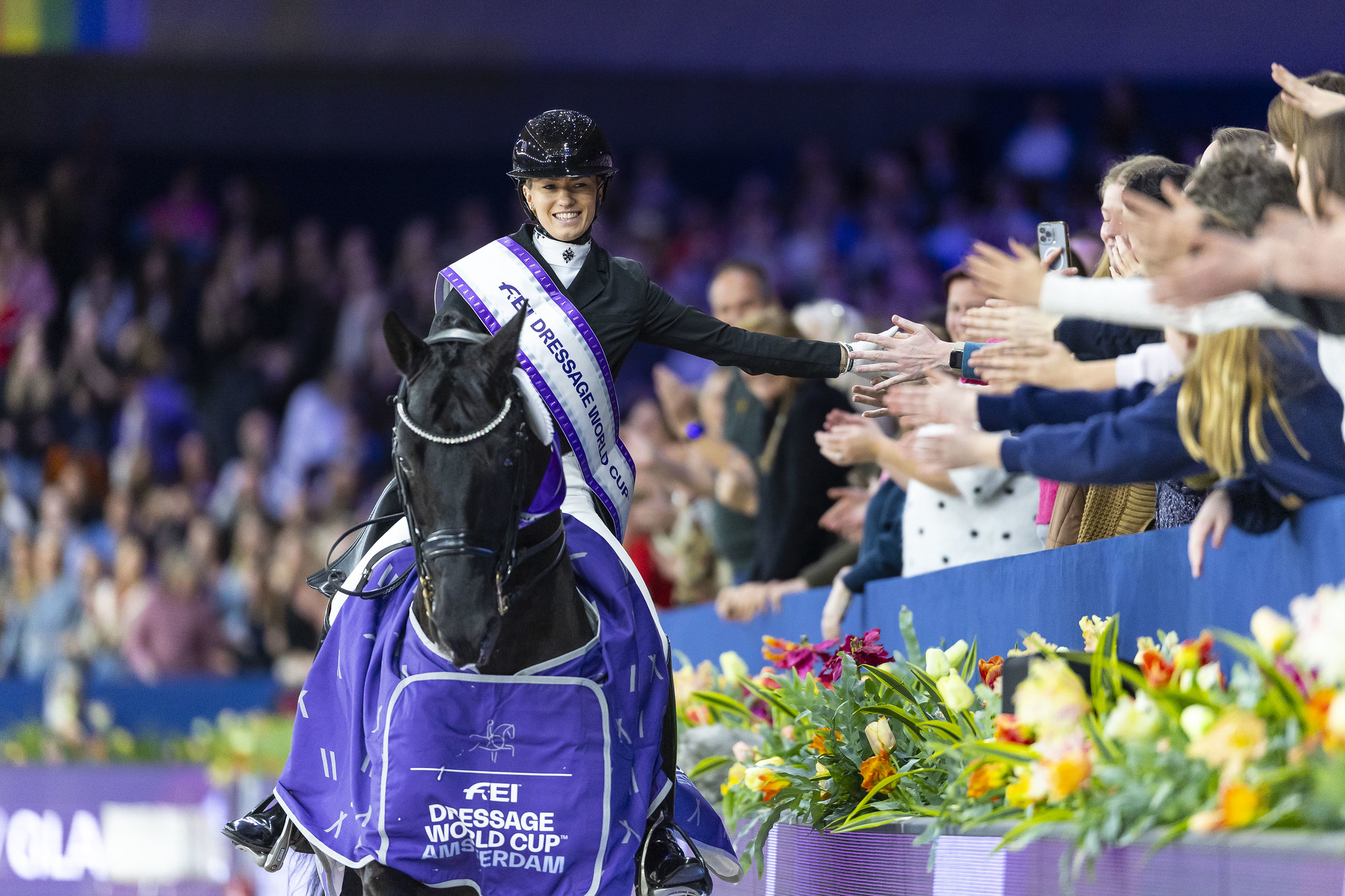The call usually starts innocently enough.
“How much do you charge to trim a miniature horse?” (or foal, mini donkey, goat, any other little hooved animal).
I ask a few questions to figure out the situation, and quote them a conditional price (price depending on everything being as they say it is).
Then: “But he’s a MINI. Isn’t that the same price as trimming a big horse?”
Yes. Yes it is.
And then: “But he’s just a companion for my other horse.”
Ok. He still has hooves, right?
Followed by: “But his feet are SUPER tiny, don’t you give a discount for so much less work?”
Nope. In fact…
Your tiny equine (foal, mini, donkey, etc.) is actually much harder to work on than the regular-sized ones. I know, but he’s so small. Get this: some farriers actually charge MORE to do minis. Some won’t do them at all. Here’s why:
1. It’s hard on the farrier’s back and body to bend way down there.

©BobMacInnes/Flickr CC by 2.0
He’s practically (or actually) crawling around on his hands and knees, trying not to get stepped on or bitten. Those little feet are dangerous, just like the big ones, and he is in a vulnerable position on the ground with them. Plus, he needs to pay his masseuse and chiropractor after all that contorting.
2. He has to be extra gentle handling those little legs.

©Pete Markham/Flickr CC by 2.0
If a mini tries to pull away, he has to know when to let go and when to hang on. Yes, he has to know that with a big horse, but there’s a lot more leeway before you injure a 1,000 pound horse by trying to teach him not to yank his leg away than a 200 pound one. How does he learn how to handle them? School and experience, both of which deserve compensation.
3. He will cut himself with the knife or rasp at least once when he’s working with those cute little feet.

©StormSignal/Flickr CC by 2.0
Every. Single. Time. There’s just not a good way to stabilize those miniature hooves enough to work on, and be able to let go if needed, and keep his own fingers totally out of the way. Guess what gets the least attention for safety? The farrier’s hands. Guess who has to listen to the whining about his tiny-horse-induced injuries while it heals? That would be me, the wife.
4. Often, they’re not the best behaved.

©Heather Struthers/Performance Horse & Rider
Yes, this one is a generalization but because it is based on experience, a farrier cannot agree to a discount up front even if he were inclined to give one. Sometimes little horses are naughty because they haven’t learned better yet, like in the case of foals. A lot of times, it’s because minis are treated like big dogs, and their people haven’t expected them to have manners. Be one of the ones that proves this stereotype wrong! Expect the same safe behavior from your little guys as you do your big ones.
While your little horses may eat less than their bigger counterparts, the costs to care for them are about the same. Vaccines, Coggins tests, and yes, the farrier, are all about the same price. But can you really put a price on that precious little face?
About the Author
Nancy Rich-Gutierrez is an IT professional and manages her husband’s farrier company. When she’s not busy with her full-time job or running the office for her farrier, she’s chasing their two-year-old and riding her Arabian horses. Check out the HG Horseshoeing blog at hghorseshoeing.com.

 April 7, 2017
April 7, 2017 








